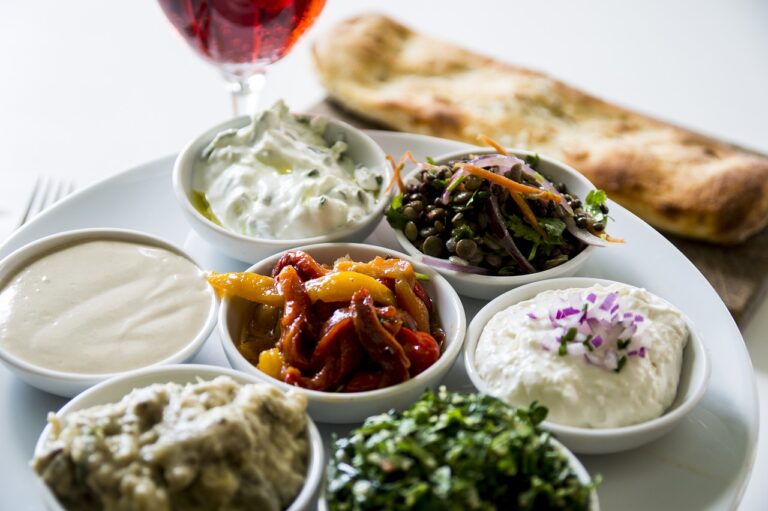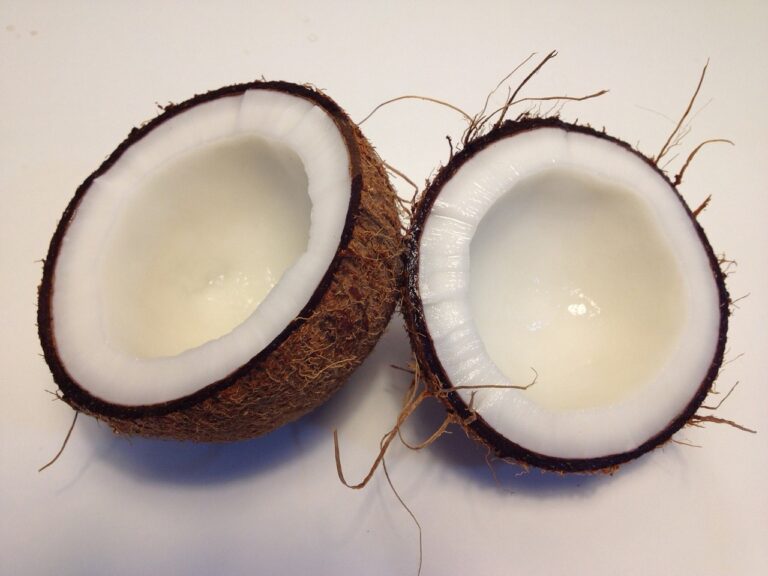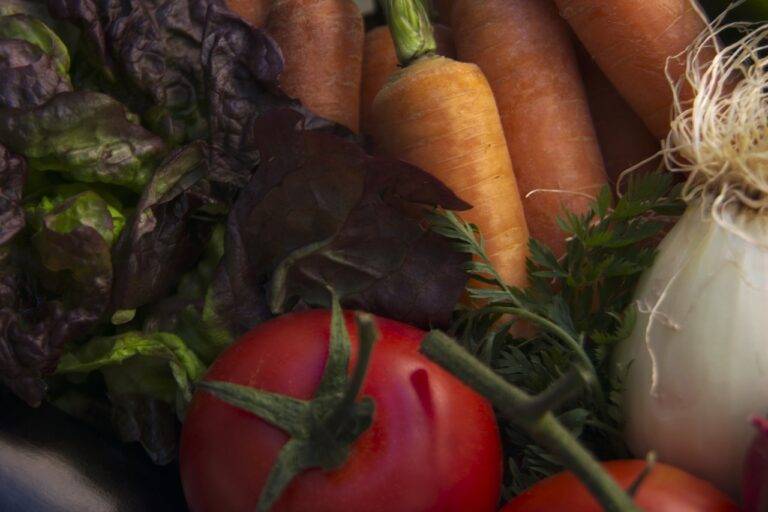The Role of Olive Oil in Traditional Spanish Cuisine: Crickbet99, Sky 99 exch id, Reddy anna casino
crickbet99, sky 99 exch id, reddy anna casino: The Role of Olive Oil in Traditional Spanish Cuisine
When it comes to Spanish cuisine, one ingredient stands out above the rest – olive oil. Olive oil has been a staple in Spanish cooking for centuries, and its rich flavor and health benefits make it a beloved ingredient in traditional Spanish dishes.
In this blog post, we will delve into the role of olive oil in traditional Spanish cuisine, exploring its history, health benefits, and its use in some of the most iconic Spanish dishes.
The History of Olive Oil in Spain
Olive oil has been a part of Spanish culture for thousands of years, dating back to ancient times when the Romans introduced olive trees to the Iberian Peninsula. Spain is now the largest producer of olive oil in the world, with regions like Andalusia, Catalonia, and Extremadura leading the way in production.
Spanish olive oil is prized for its high quality and rich flavor, thanks to the country’s diverse climate and soil conditions. Spaniards have long cherished olive oil not just for its culinary uses, but also for its medicinal properties and as a symbol of prosperity.
Health Benefits of Olive Oil
Olive oil is not just delicious – it’s also incredibly good for you. It is packed with monounsaturated fats, antioxidants, and anti-inflammatory compounds that have been linked to a reduced risk of heart disease, stroke, and cancer.
In traditional Spanish cuisine, olive oil is used in abundance, not just for its flavor, but also for its health benefits. Spaniards have long known about the benefits of olive oil, incorporating it into their diets in various ways to promote overall health and well-being.
Using Olive Oil in Spanish Cooking
Olive oil is a versatile ingredient that can be used in a variety of ways in Spanish cooking. From drizzling it over salads and vegetables to using it as a base for marinades and sauces, olive oil adds depth of flavor and richness to traditional Spanish dishes.
Some iconic Spanish dishes that prominently feature olive oil include:
Paella: This famous rice dish from Valencia is made with olive oil, saffron, and a variety of meats and vegetables. The olive oil infuses the rice with a rich, nutty flavor that is characteristic of authentic Spanish paella.
Gazpacho: This refreshing cold soup from Andalusia is made with ripe tomatoes, cucumbers, peppers, and onions, all blended together with olive oil to create a smooth and creamy texture.
Tortilla Espa: This classic Spanish omelet is made with eggs, potatoes, and onions, all cooked in olive oil until golden and crispy on the outside. The olive oil adds a luxurious texture and flavor to this simple yet satisfying dish.
Six Traditional Spanish Recipes with Olive Oil
1. Patatas Bravas: Crispy fried potatoes served with a spicy tomato sauce, made with generous amounts of olive oil.
2. Gambas al Ajillo: Garlic shrimp cooked in a sizzling olive oil and garlic sauce, perfect for dipping crusty bread into.
3. Pan con Tomate: Toasted bread rubbed with fresh garlic and ripe tomatoes, then drizzled with olive oil and sprinkled with sea salt.
4. Pulpo a la Gallega: Tender octopus seasoned with smoked paprika and olive oil, served on a bed of boiled potatoes.
5. Ensalada Mixta: A simple salad of mixed greens, tomatoes, onions, and olives, tossed with a tangy vinaigrette made with olive oil.
6. Churros con Chocolate: Fried doughnuts dipped in rich chocolate sauce, made with olive oil for a slightly savory twist.
These are just a few of the many traditional Spanish dishes that rely on olive oil for their signature flavor and texture. Olive oil is truly the backbone of Spanish cuisine, adding richness and depth to every dish it touches.
FAQs
Q: Is olive oil healthy?
A: Yes, olive oil is considered one of the healthiest oils you can use in cooking, thanks to its high levels of monounsaturated fats and antioxidants.
Q: Can I substitute olive oil with other oils in Spanish recipes?
A: While you can technically substitute olive oil with other oils like vegetable or canola oil, it will significantly alter the flavor and authenticity of the dish.
Q: What is the best type of olive oil to use in Spanish cooking?
A: Extra virgin olive oil is the best choice for Spanish cooking, as it is the highest quality and has the most robust flavor.
Q: How should olive oil be stored?
A: Olive oil should be stored in a cool, dark place away from heat and light to preserve its flavor and health benefits.
In conclusion, olive oil plays a vital role in traditional Spanish cuisine, adding flavor, richness, and health benefits to some of the most beloved dishes in Spanish gastronomy. Whether drizzled over a salad or used to fry potatoes, olive oil is truly the heart and soul of Spanish cooking.







